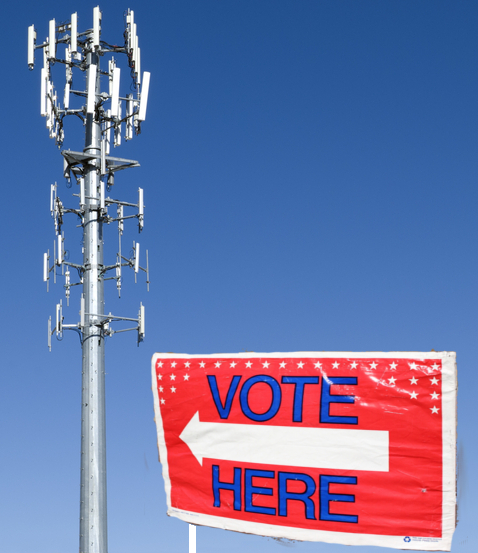Voting for president via Android and iOS debuts

As the United States approaches its quadrennial general elections, the talk of election tech and voter security is beginning to rise once again. In 2008, during the last general elections, we saw portable, touchscreen voting machines, e-voting security issues, and mandatory paper trails.
Today, election security company Scytl announced it had successfully implemented its voting encryption technology on mobile platforms Android and iOS which could allow people to securely vote on their smartphones and tablets. It looks like this year "m-voting" is going to be a topic of discussion on top of the usual topic of "e-voting."
Scytl's solution encrypts the ballot locally on the voter’s device -be it a PC, smartphone or tablet- before the vote is submitted. The company says it differs from its competitors because they encrypt the ballots after they are received on the digital ballot box server. This technique of submission puts the documents at risk of man-in-the-middle interceptions, and even for system administrators to compromise the security of the ballots.
These types of solutions are important for expatriate voters and soldiers stationed overseas in this year's general election. In 2010, the President signed into law the Military and Overseas Voter Empowerment (MOVE) Act, which requires states "establish procedures for transmitting by mail and electronically blank absentee ballots to absent uniformed services voters and overseas voters with respect to general, special, primary, and runoff elections for Federal office," 45 days before the election. Some U.S. States have received funds to broaden their e-voting capabilities.
California, Florida, and Virginia's 2012 Presidental Primaries received some press in December for using LiveBallot from Democracy Live to collect expatriate votes.
Of course, this is still just the "e-voting" category, and remote mobile device-based voting hasn't quite figured into the equation yet. Mobile devices have found their way into polling places, but voting hasn't made it out onto mobile networks, and IT infrastructure company VeriSign predicted in 2009 that widespread use of the mobile channel as one of several unique voting methods wouldn't really take root until 2016.
Images (composited): Jakelv7500 and Laura Gangi Pond/Shutterstock
